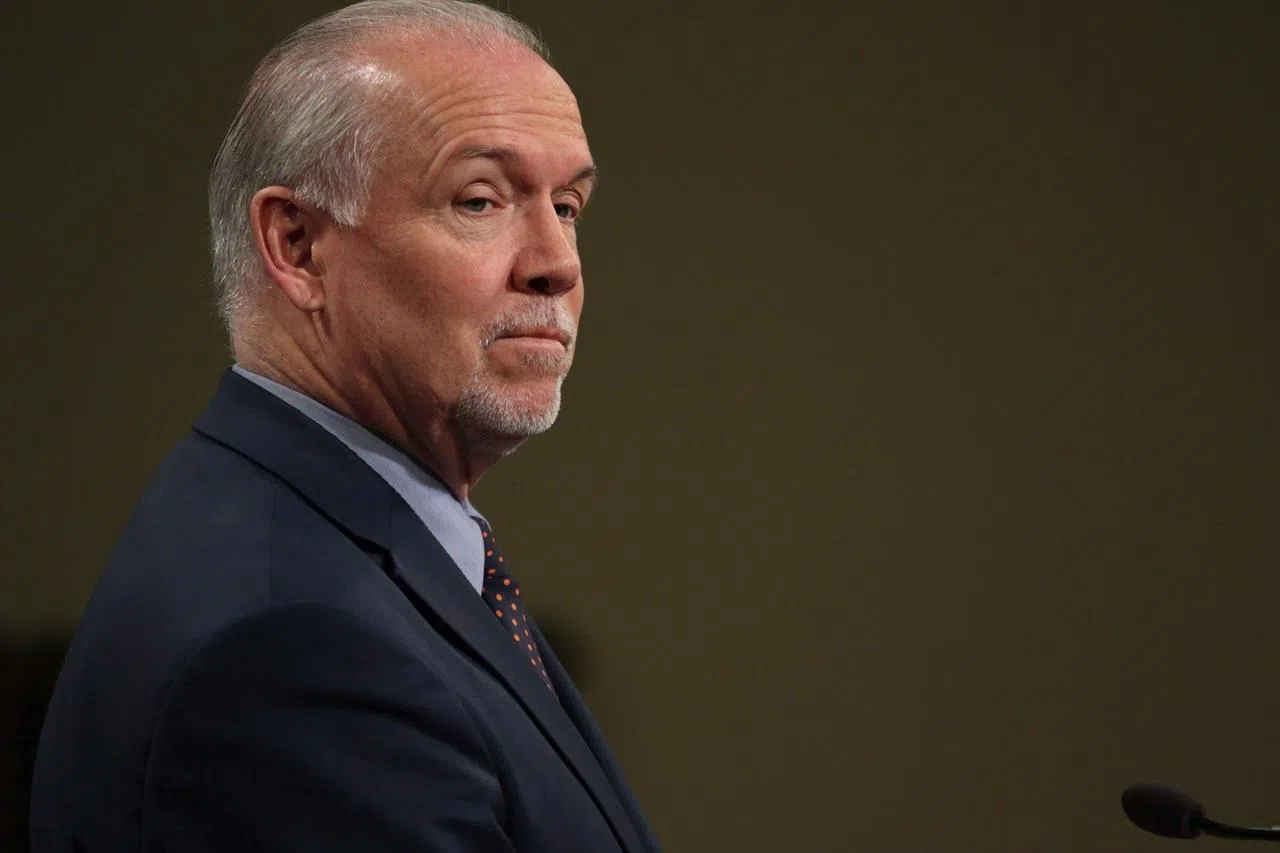
B.C. byelection tests NDP’s slim minority as provincial focus on Nanaimo
VICTORIA — The slim hold on power Premier John Horgan’s minority NDP government has in British Columbia will be tested Wednesday in a byelection on Vancouver Island where a Liberal win would leave the legislature deadlocked.
Nanaimo has been a New Democrat stronghold, but a Liberal win would give the party 43 seats, tying it with the 43 seats held by the NDP and the Green party, which signed an agreement in 2017 allowing the New Democrats to form a minority government.
Byelections in B.C. don’t often favour sitting governments, voters tend to stay home and the results rarely have the potential to shift the balance of power, but the Nanaimo byelection is anything but traditional, says Prof. David Black, a political communications expert at Victoria’s Royal Roads University.
“This is the perfect byelection,” said Black. “You’ll never see a more interesting, layered, complex and consequential one in my lifetime at the provincial level.”


